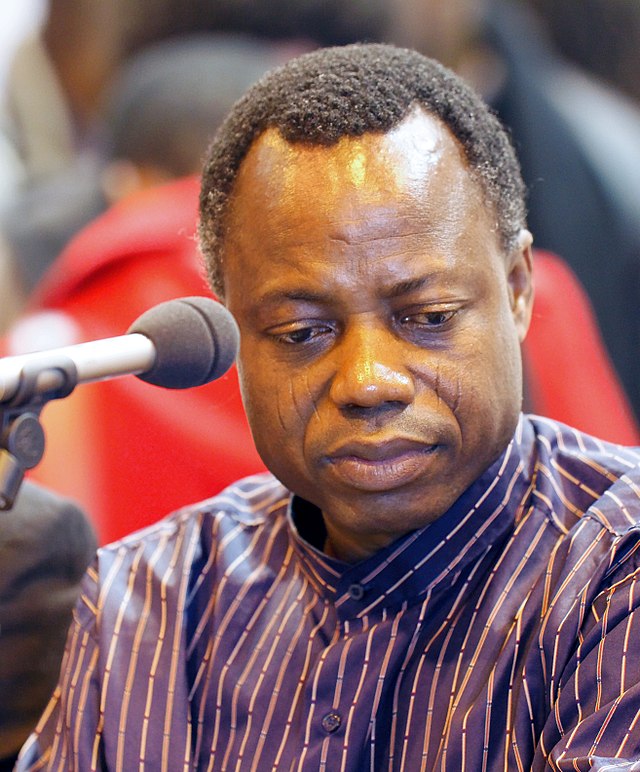

From his early realist novels and his masterful political essay Main basse sur le Cameroun (1972), to the noir detective fiction he wrote around the turn of the century, after his return from exile, Mongo Beti describes the tragic failures of Cameroon’s past and present with an unflinching eye, but still tempers his dark humor with a glimmer of hope for our tomorrow. If you are looking for an introduction to Cameroon, both colonial-era and post-independence, Mongo Beti’s novels are a great place to start his influence on authors of my generation is immeasurable, as you can tell from my own recent novel Les 700 aveugles de Bafia (2021), translated as The Blunder (Amazon Crossing, 2022). To start, I’ve been rereading two classics by the Cameroonian author Mongo Beti, who died in 2001.

While diverse in tone, the books I’ve been reading this summer share an ethics of political engagement, a quest for identity and cultural inventory, and an ear for the voices and harmonies of African languages. This helps me to think through and imagine new possibilities for the plotlines I’m working through in my own writing.Īt the moment, my reading could be characterized as “something old and something new,” juxtaposing classics of Central African literature with works by contemporary authors. What is on my bookshelf these days? My tastes are fairly eclectic, but I tend to read books in groups-moving between works based on the echoes I hear between them, the conversations I can imagine among the characters and the authors.


 0 kommentar(er)
0 kommentar(er)
